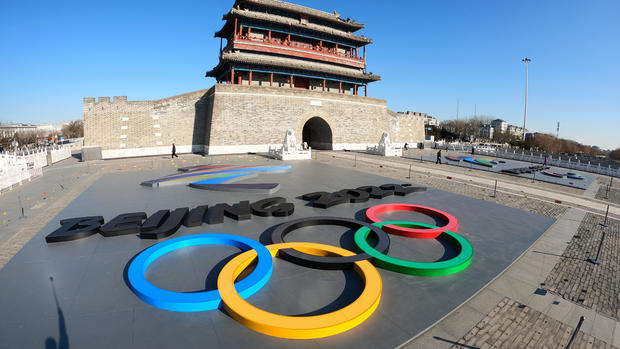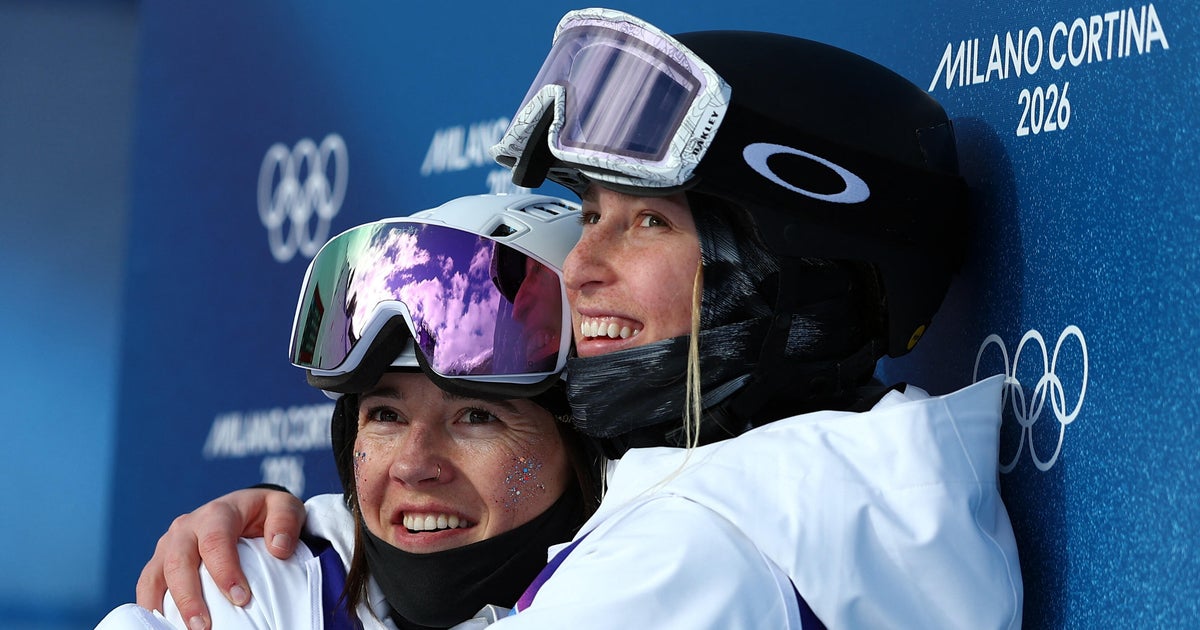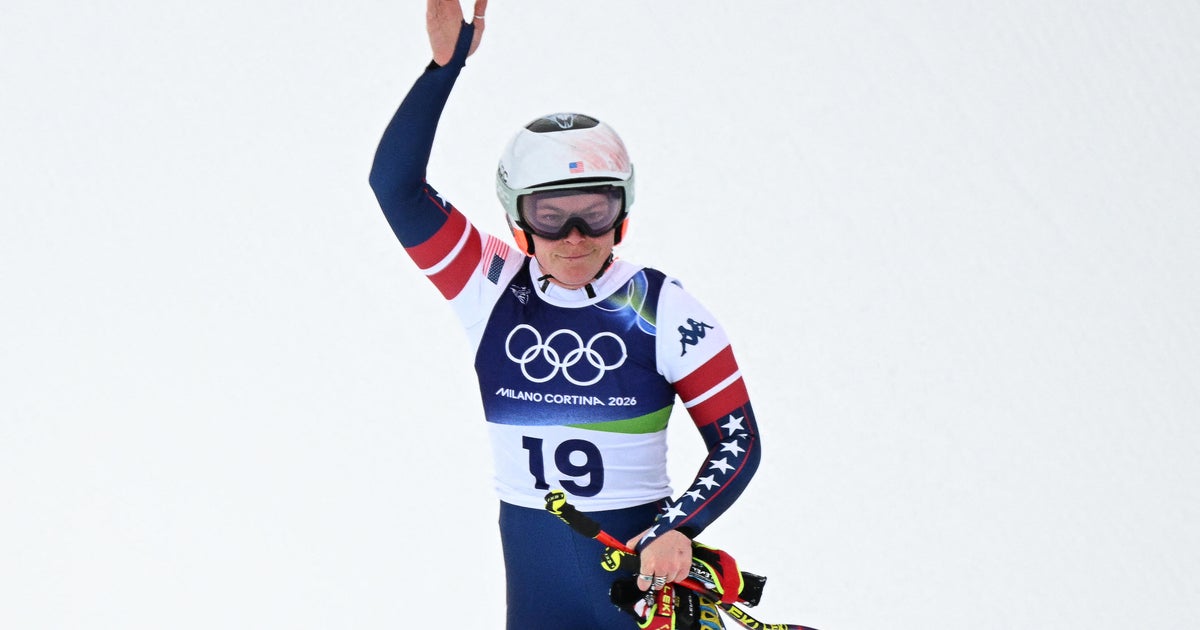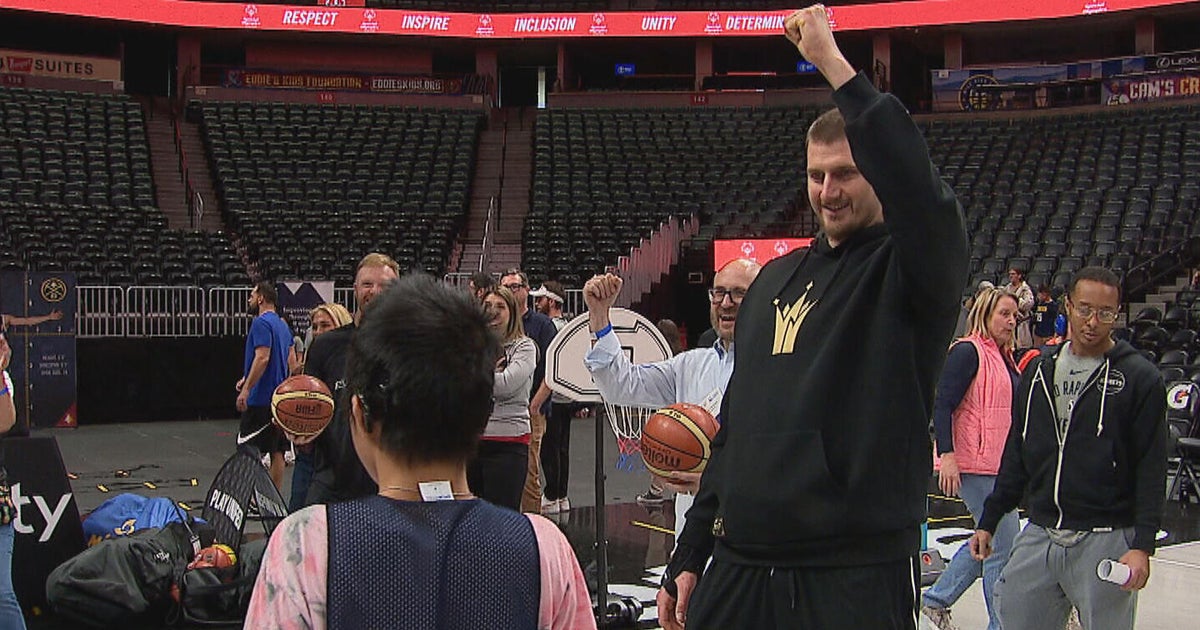COVID cases continue to rise in Beijing as U.S. athletes prepare for Winter Olympics: "It's scary"
As athletes and officials arrive in Beijing this week for the 2022 Winter Olympics, so does anxiety and concern — with many wondering: can China really pull off a COVID-free Olympic Games?
Star U.S. bobsledder Elana Meyers Taylor, a three-time Olympic medalist, said she tested positive for coronavirus inside Beijing's Olympic bubble. She is now in isolation at a hotel.
Meyers Taylor, who said she was asymptomatic, traveled to the Games with her husband and son and tested negative at the airport, before testing positive on Saturday. She still hopes to compete, but her situation illustrates the difficulty of holding such a big event during such an unpredictable pandemic.
"It's scary because you put in four years since the last Games," U.S. Olympic luger Chris Mazdzer said at a news conference. "And for all of that to go to waste in the last week, last couple of days, it would be a tragedy."
Athletes and Olympic officials will spend the Games in a so-called "closed loop" designed to keep them as far apart from the general public as possible. Organizers are banking on that loop, or "bubble," after a series of rigorous testing and health checks.
The idea is to keep all Olympic participants separate from the general Chinese population and adhere to masking, distancing and once-a-day testing. But 18 of the latest 24 positive results came from new arrivals at the airport.
Anyone testing positive heads into isolation after their result is confirmed, with no exit allowed until they are deemed safe. For instance, asymptomatic positive cases would need two consecutive negative tests 24 hours apart.
American curler Chris Plys said the stress is palpable.
"Mentally, leading up to these Games was probably the hardest part," he said.
Unlike in Tokyo last summer, all participants must be vaccinated or submit to a 21-day quarantine.
"Once you're through it, and you're in the closed loop, you realize, actually, you're in a very safe place," said epidemiologist Dr. Brian McCloskey, who heads the International Olympic Committee's panel advising China on protocols.
McCloskey expressed hope the number of cases would decline over the next week or two.
"As there are fewer new people coming into the system, the positivity rate will probably go down, but what we need to do is make sure we keep an eye on that on a daily, twice-daily basis," he said.
Despite recent positive tests, the U.S. Olympic team does boast a 100% vaccination rate, a far cry from Tokyo 2020.
The opening ceremony is scheduled for Friday, but competition will begin Wednesday with U.S. curling and luge.




